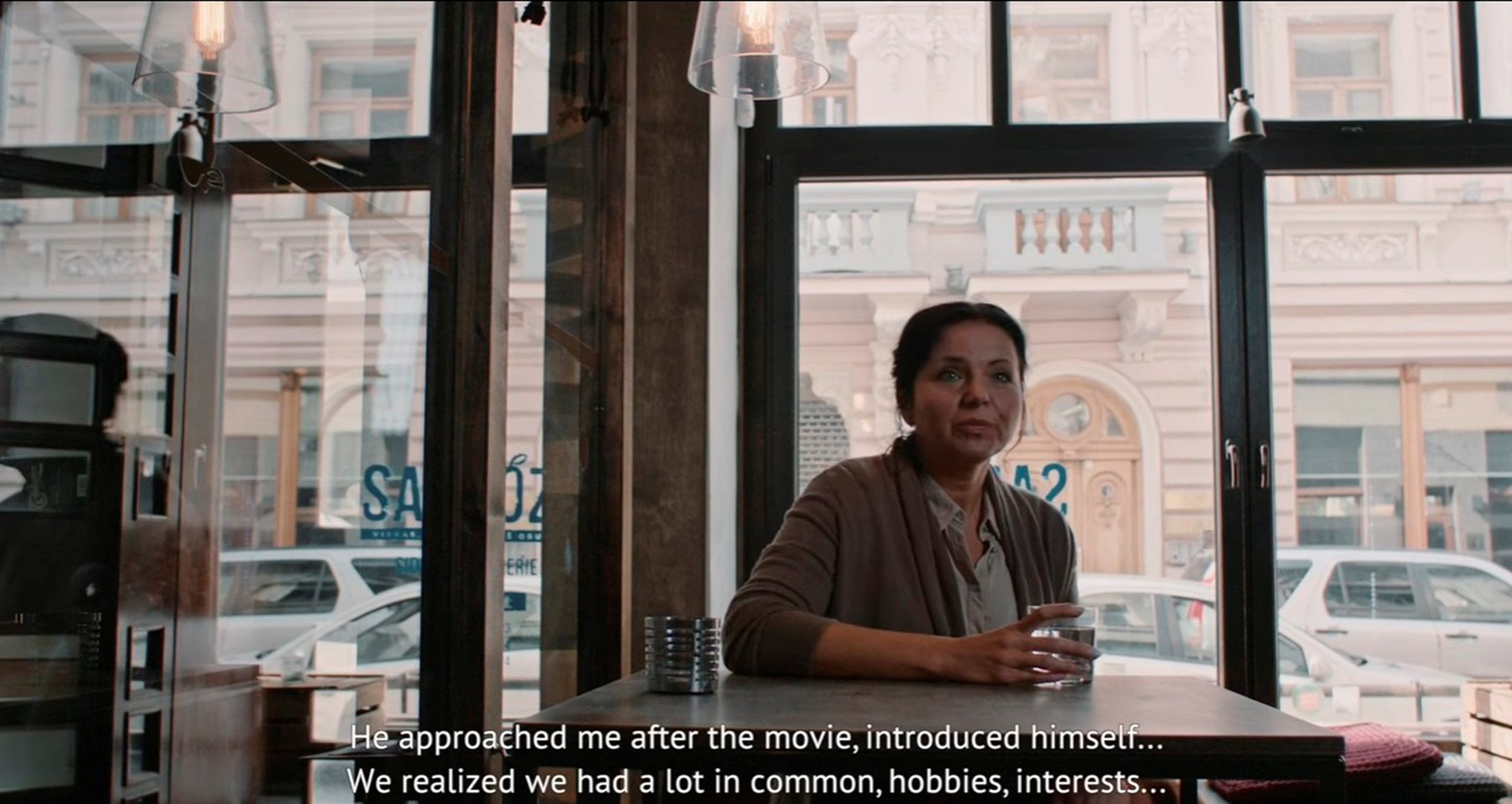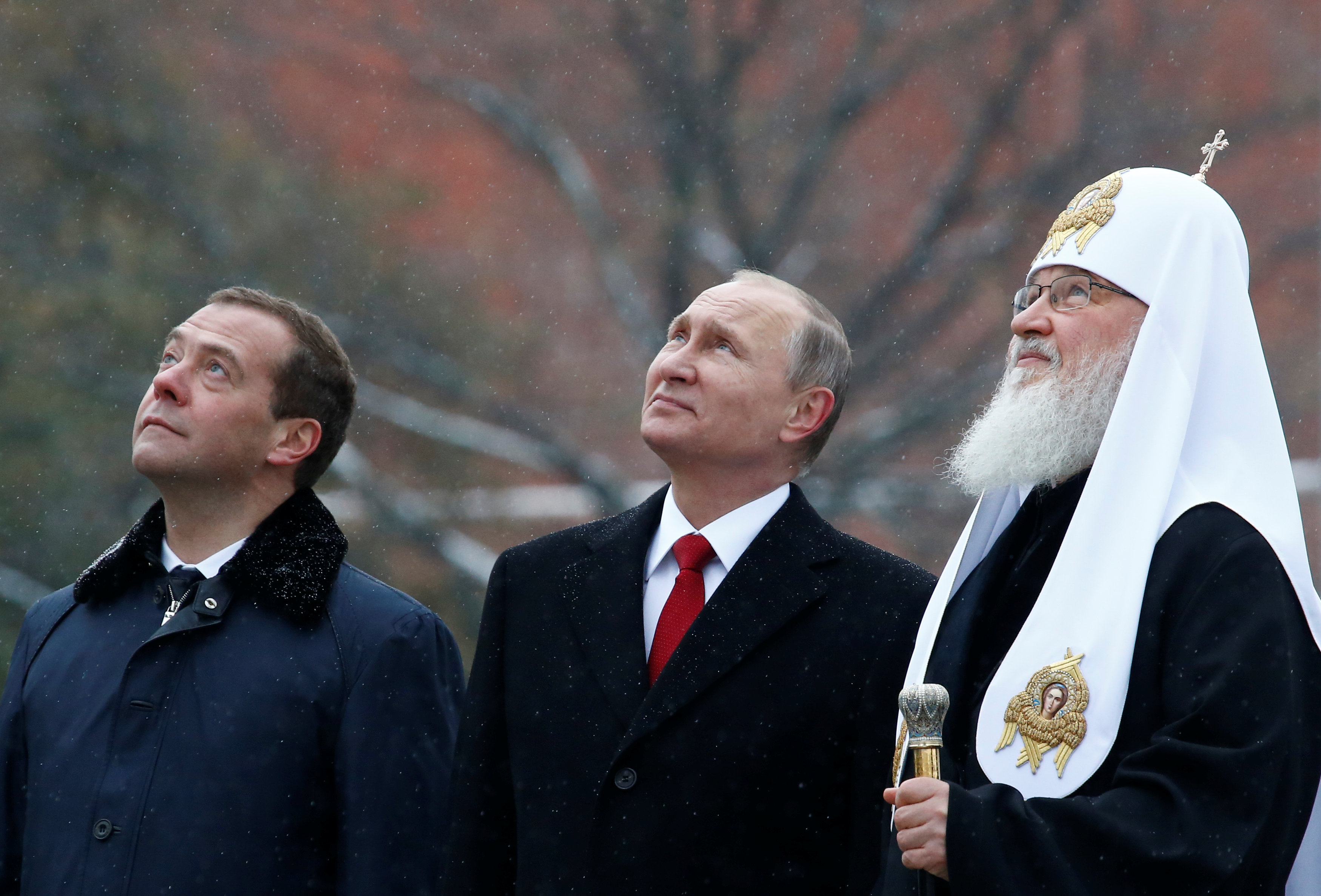
By Alistair Scrutton and David Mardiste
NARVA, Estonia (Reuters) – It is a sign of the times in Estonia, a Baltic state always suspicious of the Kremlin’s ambitions in the region, that Prime Minister Juri Ratas is learning Russian.
Worried that divided loyalties in its largely Russian-speaking border areas could lay Estonia open to conflicts like those in eastern Ukraine and Crimea, Estonia wants to better integrate its Russian speaking minority.
Estonia and the other Baltic nations look at Russia’s actions in Ukraine and fear they could easily be overrun by their huge neighbor. By reaching out to his country’s Russian-speakers, Ratas is hoping to bolster national unity and remove a possible pretext for Russian intervention.
So while Ratas is taking language lessons, his new government is trying to make it easier for Russian speakers to obtain Estonian citizenship and to improve the border region’s economy, where unemployment is high.
Out of a population of 1.3 million in the euro zone and NATO member, about quarter are Russian speakers. Most of those have Russian passports or do not have any citizenship.
For a graphic on Russians in Estonia, click http://tmsnrt.rs/2meQVUw
Some security analysts say any grievance amongst Russian speakers that they feel they are “second-class citizens” could give the Kremlin a pretext to intervene.
Worried since Russia’s 2014 seizure of Crimea that Moscow could invade Poland or the Baltic states, NATO is bolstering its eastern flank with troops and equipment.
But a perception that U.S. President Donald Trump may prove soft on the Kremlin, combined with fears about “fake news” stirring tensions as NATO troops arrive, has caused concern among the Baltic nations of Estonia, Lithuania and Latvia.
Latvia and Estonia have large Russian-speaking populations, the result of migration when they were under Soviet rule. But only in Estonia has a party with a Russian-speaking electoral base come to power in a ruling coalition.
Minister of Health and Labour Jevgeni Ossinovski, a native Russian-speaker and the leader of the Social Democrats, a coalition government member, said reaching out to Russian-speakers was necessary given the tense geopolitical situation.
“We have always understood that big mistakes have big consequences,” Ossinovski told Reuters. “Probably for the next years, so for the foreseeable future, this will be more visible.”
It will not be an easy task. Many Russian speakers rely on Moscow-backed television stations, which Estonia says broadcast Kremlin propaganda.
Some in Estonia fear the arrival of around 1,000 NATO troops will inflame tensions. President Vladimir Putin said in 2014 that the presence of Russians in Estonia gives Moscow the right to intervene with force.
Earlier this month, NATO accused Russia of being behind a false report of a rape by German soldiers in Lithuania intended to undermine support for the troops, and said the alliance expected more of this kind of propaganda.
Estonia remembers 2007, when a decision to move a statue of a World War Two Soviet soldier sparked violent protests by Russian speakers and a wave of cyber attacks widely believed among Estonians to have come from Moscow.
Fear of occupation runs deep in the Baltics, annexed by the Soviet Union under Stalin’s secret 1939 pact with Hitler, overrun by the Nazis during World War Two and then recaptured by the Red Army and held until the Soviet Union fell in 1991. Russian troops left Estonia only in 1994.
After Estonia won independence in 1991, citizenship was granted to those who were citizens before the Soviet occupation regardless of ethnicity. But many Russian speakers who had migrated to Estonia after the war had to take language and history tests. Many people instead opted to have no citizenship or get a Russian passport.
ON THE BORDER
Narva is separated from Russia by a river. Nine out of ten people in the town speak Russian. On the Russian side, locals sit on foldable chairs ice fishing.
At a new border control building, people had passports with different colors – red Russian passports and gray passports for people without citizenship.
At a college on the Estonian side a short walk away, 23-year-old Denis Larchenko talks about arguments with his father.
“One day he is feeling himself Estonian, like after I am talking with him about the Estonians,” Larchenko said. “The next day he will start to watch some TV shows from Russia and he is like, every time feeling that Putin is great.”
In Narva, there are hopes of greater political integration. Until the election of Ratas as leader of the Centre Party, most other Estonian parties were unwilling to work with it because of its alleged links to Moscow.
“We are at least starting to see a change,” said Narva’s deputy mayor, Vyacheslav Konovalov. “Before, it was all just talk and no action.”
Konovalov said the government planned to open a college in Narva and build an exhibition center at a former military base. But the city can be touchy. Attempts to force taxi drivers to improve their Estonian met stiff opposition from the cabbies.
A younger generation of Russian speakers may already be more closely integrated with the Estonian majority, more concerned about access to European jobs than nostalgia for Mother Russia.
“They think that they are Russians and they think Putin is the king, but at the same time they would not like to join with him,” Larchenko said.
Larchenko has studied in Canada. Many of his friends are heading West, to the Estonian capital Tallinn and beyond.
“We still lose about 1,000 people every year from Narva,” said Konovalov. “Usually they don’t come back.”
Conscription has also helped integration. When Capt. Vladimir Kuznetsov, a 34-year-old Russian speaker, first joined the military, he did not know the Estonian word for “Attention!” to warn his barrack mates that an NCO had entered the room. Now he is a volunteer officer speaking fluent Estonian.
Aet Kiisla, a lecturer in public administration in Narva, says most Russian speakers are loyal to Estonia, but suspicious of governments. It may be enough for the Kremlin to act.
“Right now it isn’t a problem, but we have to be realistic. If Russia would turn on all the propaganda methods and tools then it is possible,” Kiisla said.
(Editing by Giles Elgood)














